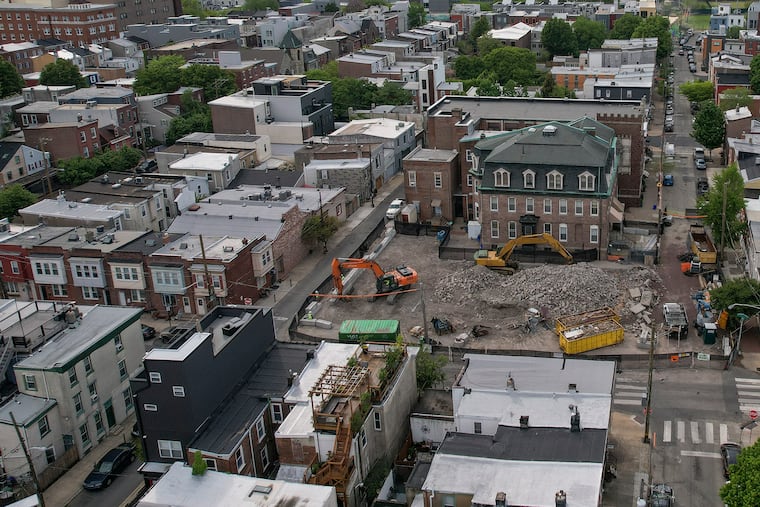Pakistan accelerates expulsion of Afghan refugees due to rising tensions with the Taliban.

As tensions between Pakistan and Afghanistan escalate, the plight of Afghan refugees, who have long sought shelter in Pakistan, remains dire. With the ongoing push for repatriation and the closing of refugee villages, families like Allah Meer’s grapple with the uncertainty of their future in a country they have called home for decades. This situation highlights a broader regional struggle, where the historical complexities of displacement and migration intersect with contemporary geopolitical realities.
Islamabad, Pakistan – Allah Meer’s family embodies the resilience of Afghan refugees who fled their homeland during the Soviet invasion in 1979. Settling in Kohat, a village in northwestern Pakistan, Meer was born in this refuge in 1980, and he along with over 200 relatives has spent their lives in the embrace of Pakistani society. However, as Pakistan intensifies its campaign to send back Afghan nationals, Meer and his loved ones live in constant fear of expulsion.
Recently, Pakistan announced it would close all 54 Afghan refugee villages across the country, part of a broader initiative to repatriate what it categorizes as “illegal foreigners.” This development has deeply unsettled families like Meer’s, who for decades have established their lives in Pakistan. “How can I uproot everything when we were born here, lived here, married here, and buried our loved ones here?” Meer poignantly asks, reflecting the emotional turmoil many refugees face in these uncertain times.
The relationship between Pakistan and the Taliban, which has been fraught since the Taliban’s return to power in Afghanistan in 2021, has further complicated matters. Tensions reached a peak in early October as clashes erupted along the border, culminating in a ceasefire agreement signed by officials from both nations in Doha. Yet the fear persists for families like Meer’s who could find themselves caught in the diplomatic crossfire.
Historically, Pakistan has welcomed millions of Afghan refugees since the Soviet invasion, providing sanctuary during successive waves of conflict. The U.S. invasion of Afghanistan in 2001 briefly allowed some Afghans to return home, but the recent surge of Taliban power has triggered another mass exodus, leading to an influx of up to 800,000 Afghans into Pakistan.
Despite their long-standing presence, the current Pakistani administration has shifted its stance, growing increasingly hostile towards Afghan refugees, including those who have resided in the country for over four decades. Recently, the government ceased the renewal of Proof of Registration (PoR) cards, essential for the legal status of Afghan residents, plunging countless refugees into a perilous situation.
Meer, a father of ten and an educator supporting vocational training for Afghan refugee children, finds his family’s identity under threat as their PoR cards become invalidated. “We are, for all practical purposes, considered illegal in a country that I and my children call home,” he laments. The UNHCR estimates that more than 1.5 million Afghans have been forced to leave Pakistan since the repatriation campaign began.
With around 1.2 million PoR cardholders remaining in Pakistan, the UNHCR has expressed grave concern over these developments. Spokesperson Qaiser Khan Afridi highlighted the precarious situation faced by long-term residents who now live in fear, urging that any repatriation should be voluntary and dignified.
The complexities of international politics have turned the plight of Afghan refugees into a bargaining chip between nations. As Meer discusses potential relocation efforts, the absence of connections in Afghanistan further complicates their dire situation. He warns, “With the latest situation, our family elders have sat together to discuss options.” This uncertainty looms larger as Meer faces an identity crisis, questioning their acceptance in both countries, feeling alien in their home of decades.
The call to re-evaluate the expulsion policy grows louder, as UNHCR emphasizes that Pakistan’s historical kindness towards Afghan refugees should continue, especially during this critical juncture in their shared history. The evolving narrative of displacement and regional security serves as a reminder of the enduring human spirit and the need for compassion in the face of geopolitical strife.
#MiddleEastNews #PoliticsNews






